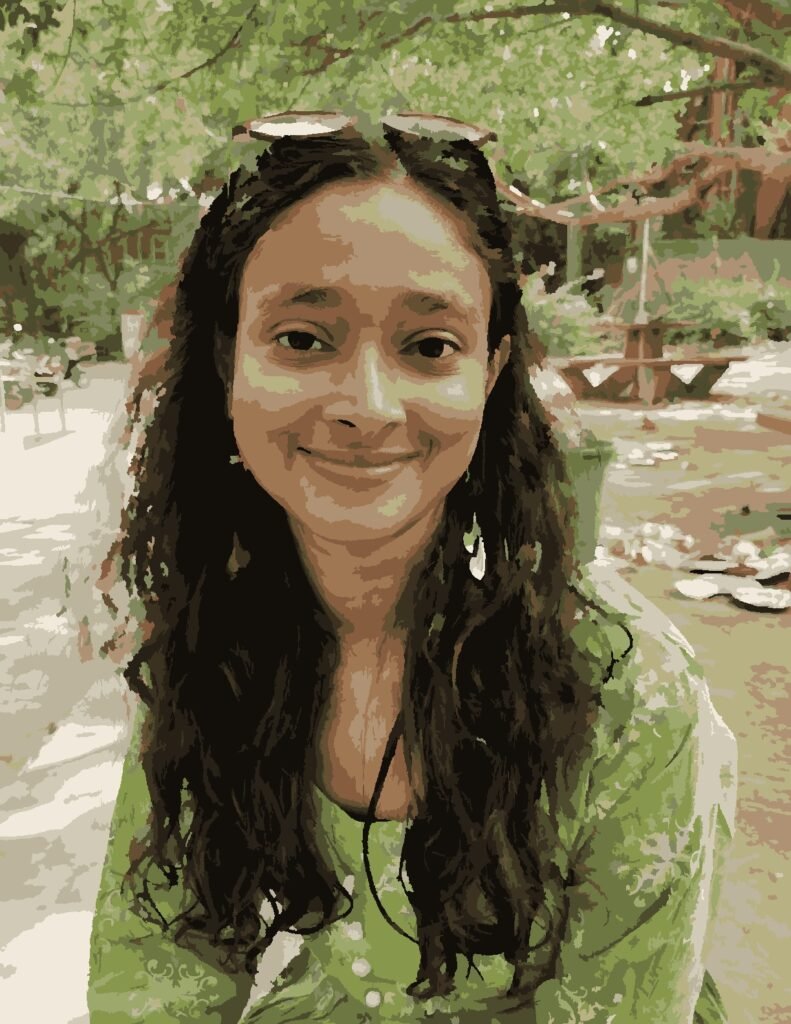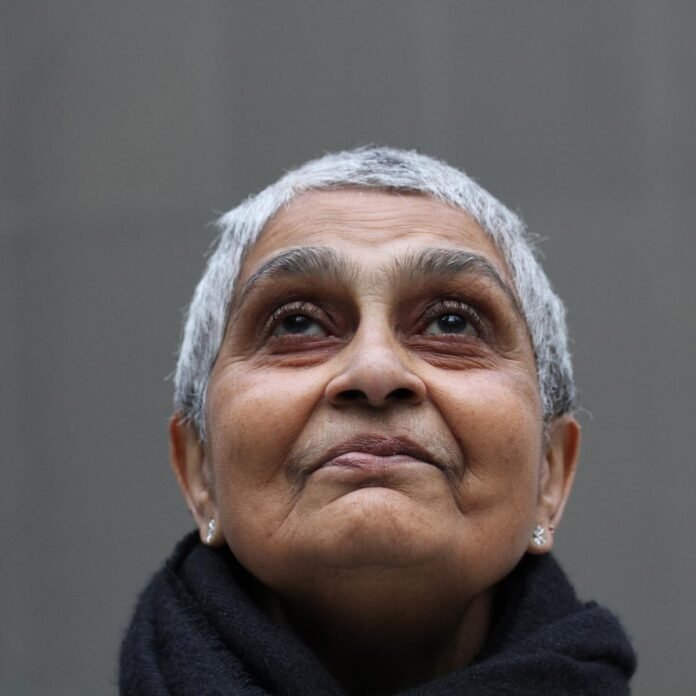Recently, a controversy erupted after a viral video on social media, where a student named Anshul Kumar asked a question to Gayatri Chakravorty Spivak regarding W. E. B. Du Bois and the middle-class status of Spivak. Instead of hearing his question and responding, Spivak was more interested in correcting the pronunciation of W. E. B. Du Bois. Following this incident, the social media and academic world split into two segments. One segment, mostly Savarna, supported Spivak, asserting that she was right to correct the pronunciation. The other segment, predominantly Bahujans, supported Anshul Kumar and his insistence on addressing his question.
The Savarna-led Academic Discussion
The talk by Spivak was conducted by an informal group called JNU Academic at Jawaharlal Nehru University. Savarna scholars like Spivak often come to JNU and speak on marginal issues. Through their speeches and writings, they project themselves as liberators of the marginalized and showcase their academic works to students. However, when a Dalit asks a question about the Savarna perspective, they feel uncomfortable. For them, DALIT-OBCs are topics to write about, but if these same DALIT-OBCs start countering their points, they label them as uncivilized. This was evident in the case of Anshul Kumar. When he tried to question Spivak’s privileged status, she repeatedly interrupted him and attempted to humiliate him in front of the audience for his pronunciation. The worst part was that the audience, influenced by Spivak, started laughing at Anshul.
Knowledge vs. Pronunciation
Higher education in India, especially in urban areas, is dominated by English-speaking Savarnas. Students from marginalized sections gain admission after qualifying in entrance exams, but Savarna professors struggle to accept this. They demotivate these students by pointing out their English, writing styles, reading methods, and now pronunciation. During group discussions, Savarna professors prefer listening to English-speaking Savarnas first and praise them for their insightful takes on topics. Conversely, when vernacular-speaking Dalit-OBCs start their presentations, Savarnas mildly laugh at them. Then the professor interrupts with, “Sorry, I did not understand what you are speaking. Have you read the topic? I think you have not understood the readings.” These interruptions erode a student’s confidence, and when the session ends, it concludes with praise for the Savarna students who showcased their urban skills. Here, the professor is not concerned with knowledge and arguments but rather with polished English.
In the Anshul Kumar and Spivak scenario, many social media users are bashing Anshul for being rude and uncivilized, suggesting he correct his pronunciation as taught by Spivak. A question must be asked of the Savarnas: Who are they to teach pronunciation? For ages, they exploited us, and now, while they continue to make us topics of discussion, they want to teach us the “right” pronunciation.
Spivak is considered a great scholar, and a great scholar should know that in the academic world, reading, writing, and speaking on certain issues must be promoted, not pronunciation.
Dalits: Not Victims, but Fighters
Spivak writes, “Can the Subaltern Speak?” but when a Subaltern starts speaking, she finds him rude. She became uncomfortable because she did not expect any Dalit boy to question her privilege. Until now, she has been a celebrated author, feminist, and scholar, with students admiring her aura and writing. But an unusual thing happened—a marginalized person pointed out her trivialities, which she could not digest.
When Spivak moved abroad, Bahujans in academia were minimal, and people like her developed a genre to read and write on marginal issues because it brought them name and fame. However, now things have changed. Bahujans have started entering academia, breaking stereotypical notions like Dalits being sufferers, manual scavengers, or barbers. They are now presenting a new picture to the world: Dalits as professors, scientists, and scholars. Savarna scholars can no longer say anything they want about Dalits without being countered. A strong advice to Savarnas: it is better to focus on the academics of Bahujans rather than their pronunciation.

Ritu, (National Coordinator, AIOBCSA)


